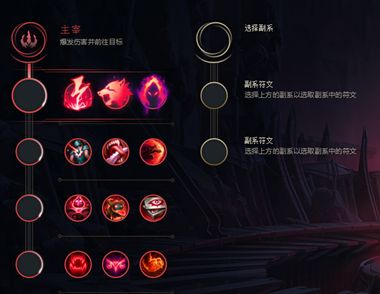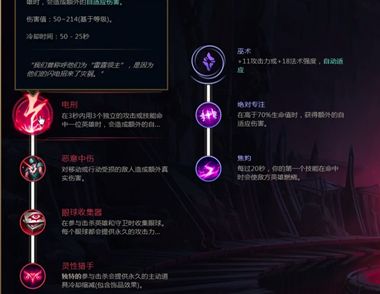如何利用网页弹出各种形式的窗口,我想大家大多都是知道些的,但那种多种多样的弹出式窗口是怎么搞出来的,我们今天就来学习一下:
1.弹启一个全屏窗口
<html
<body onload="window.open('http://www.pconline.com.cn','example01','fullscreen');";
<bwww.e3i5.com</b
</body
</html
2.弹启一个被F11化后的窗口
<html
<body onload="window.open(''http://www.pconline.com.cn','example02','channelmode');";
<bwww.e3i5.com</b
</body
</html
3.弹启一个带有收藏链接工具栏的窗口
(本文来源于图老师网站,更多请访问http://m.tulaoshi.com)<html
<body onload="window.open('http://www.pconline.com.cn','example03','width=400,height=300,directories');"
<bwww.e3i5.com</b
</body
</html
4.网页对话框
<html
<SCRIPT LANGUAGE="javascript"
<!--
showModalDialog('http://www.pconline.com.cn','example04','dialogWidth:400px;dialogHeight:300px;
dialogLeft:200px;dialogTop:150px;center:yes;help:yes;resizable:yes;status:yes')
//--
</SCRIPT
<bwww.e3i5.com</b
</body
</html
<html
<SCRIPT LANGUAGE="javascript"
<!--
showModelessDialog('http://www.pconline.com.cn','example05','dialogWidth:400px;dialogHeight:300px;
dialogLeft:200px;dialogTop:150px;center:yes;help:yes;resizable:yes;status:yes')
//--
</SCRIPT
<bhttp://www.pconline.com.cn</b
</body
</html
showModalDialog()或是showModelessDialog() 来调用网页对话框,至于showModalDialog()与showModelessDialog()的区别,在于showModalDialog()打开的窗口(简称模式窗口),置在父窗口上,必须关闭才能访问父窗口(建议尽量少用,以免招人反感);showModelessDialog()(简称无模式窗口),打开后不必关闭也可访问父窗口打开的窗口。
(本文来源于图老师网站,更多请访问http://m.tulaoshi.com)dialogHeight: iHeight 设置对话框窗口的高度。
dialogWidth: iWidth 设置对话框窗口的宽度。
dialogLeft: iXPos 设置对话框窗口相对于桌面左上角的left位置。
dialogTop: iYPos 设置对话框窗口相对于桌面左上角的top位置。
center: {yes | no | 1 | 0 } 指定是否将对话框在桌面上居中,默认值是“yes”。
help: {yes | no | 1 | 0 } 指定对话框窗口中是否显示上下文敏感的帮助图标。默认值是“yes”。
resizable: {yes | no | 1 | 0 } 指定是否对话框窗口大小可变。默认值是“no”。
status: {yes | no | 1 | 0 } 指定对话框窗口是否显示状态栏。对于非模式对话框窗口,默认值是“yes”;对于模式对话框窗口,默认值是 “no”。










